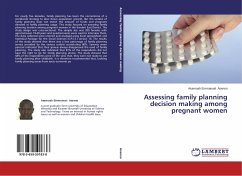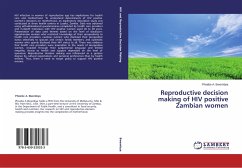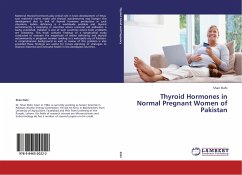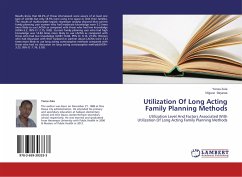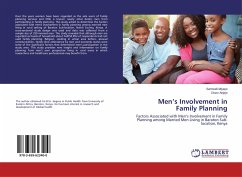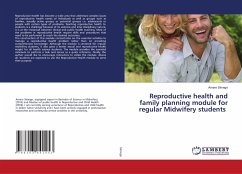For nearly five decades, family planning has been the cornerstone of a worldwide strategy to slow down population growth. But the uptake of family planning does not match the amount of funds and programs directed at family planning usage. This study focused on assessing family planning decision among pregnant women in the Kwabre East District. The study design was cross-sectional. The sample size was 200 females with ages between 19-49 years and questionnaires were used to interview them. The data collected were entered and analysed using Excel spreadsheet and Statistical Package for the Social Sciences (S.P.S.S.) version 16. The results of the study showed that there was a low patronage of family planning service provided by the various outlets constituting 80%. Seventy seven percent indicated that their spouse always disapproved the used of family planning. The study also indicated that 81% of the respondents did not have the right to go for family planning service. The study showed that 58% of the respondents were of the view that, they were not ready to use family planning after childbirth. It is therefore recommended that, tackling family planning issues from socio economic pe
Bitte wählen Sie Ihr Anliegen aus.
Rechnungen
Retourenschein anfordern
Bestellstatus
Storno

